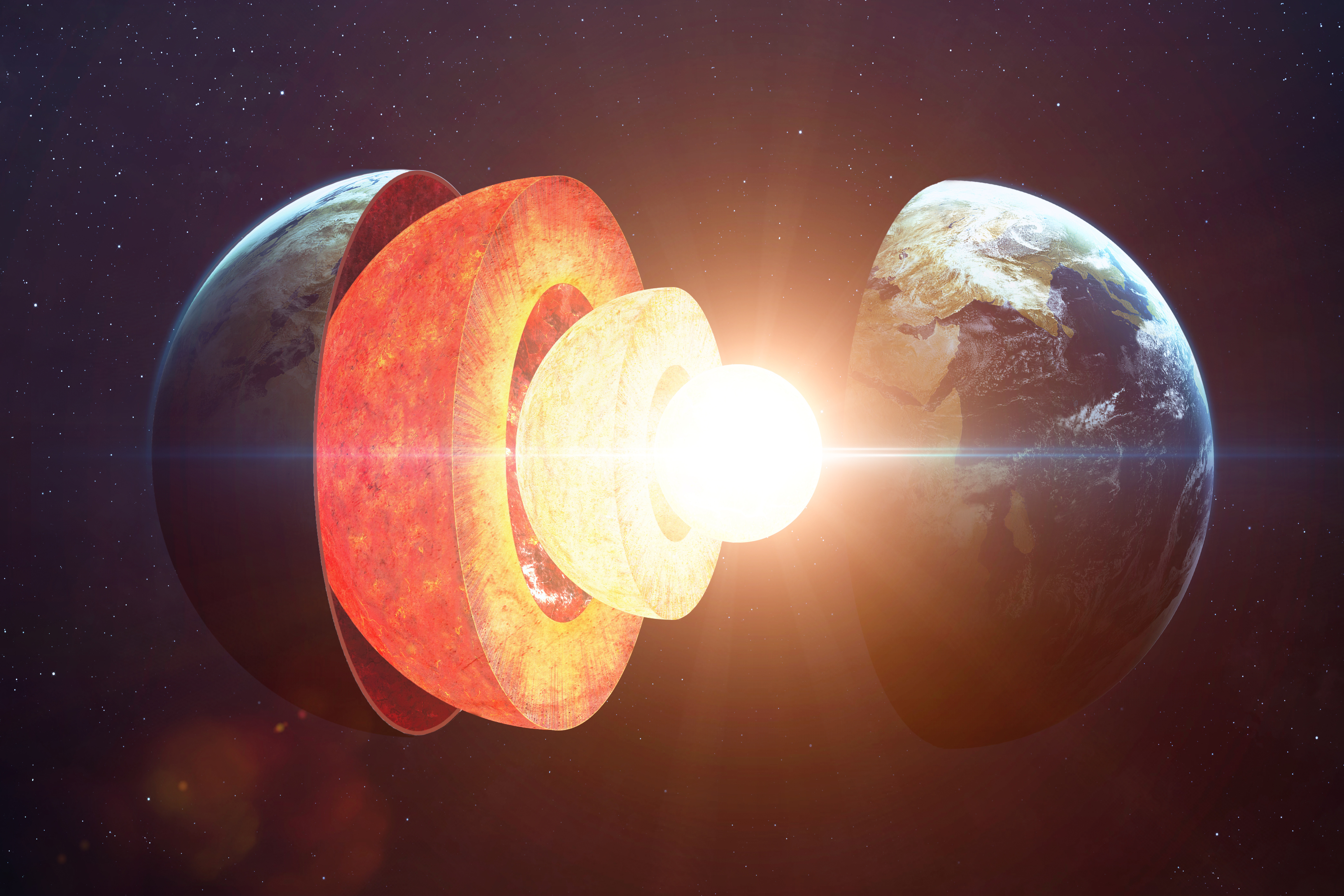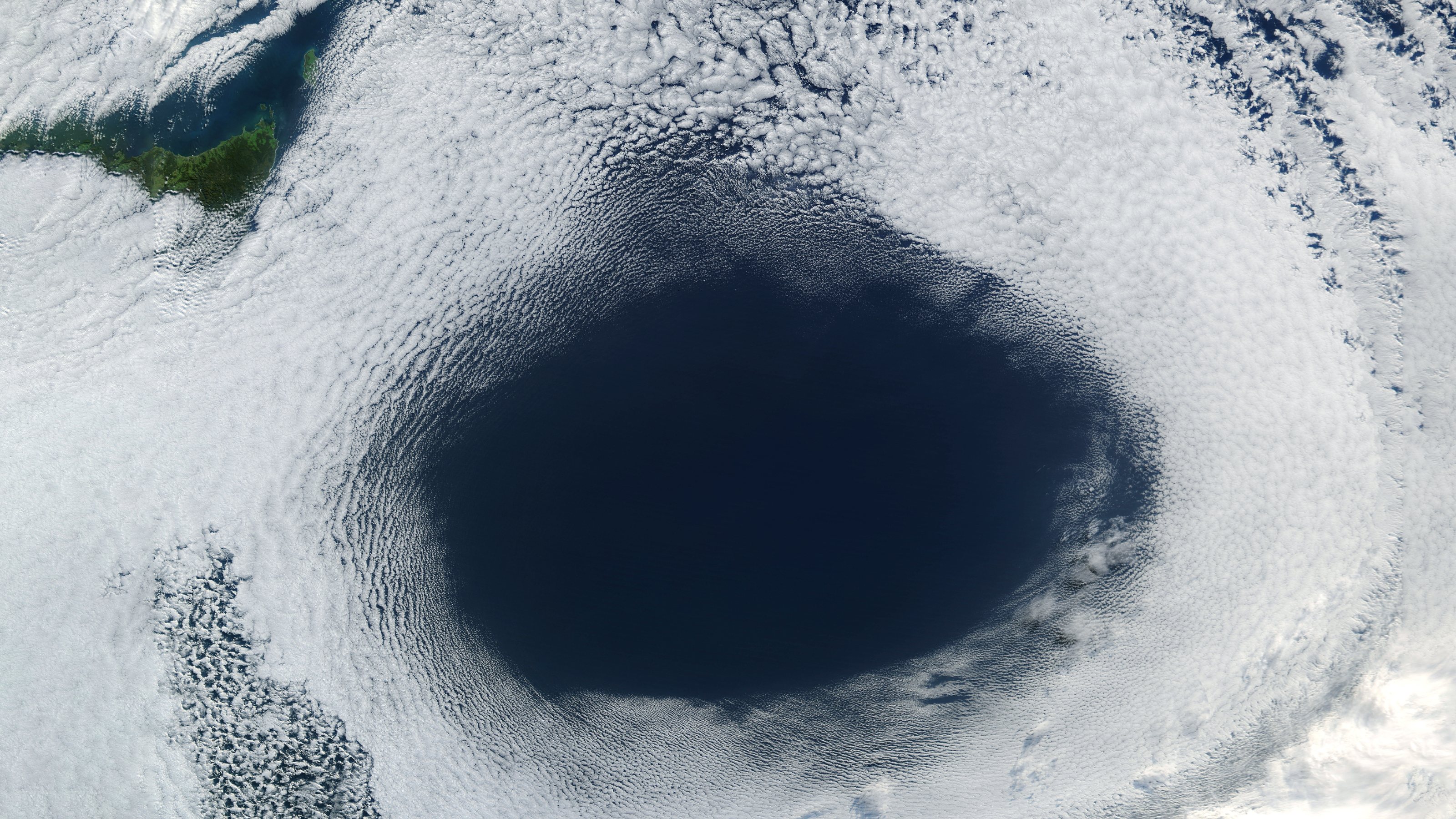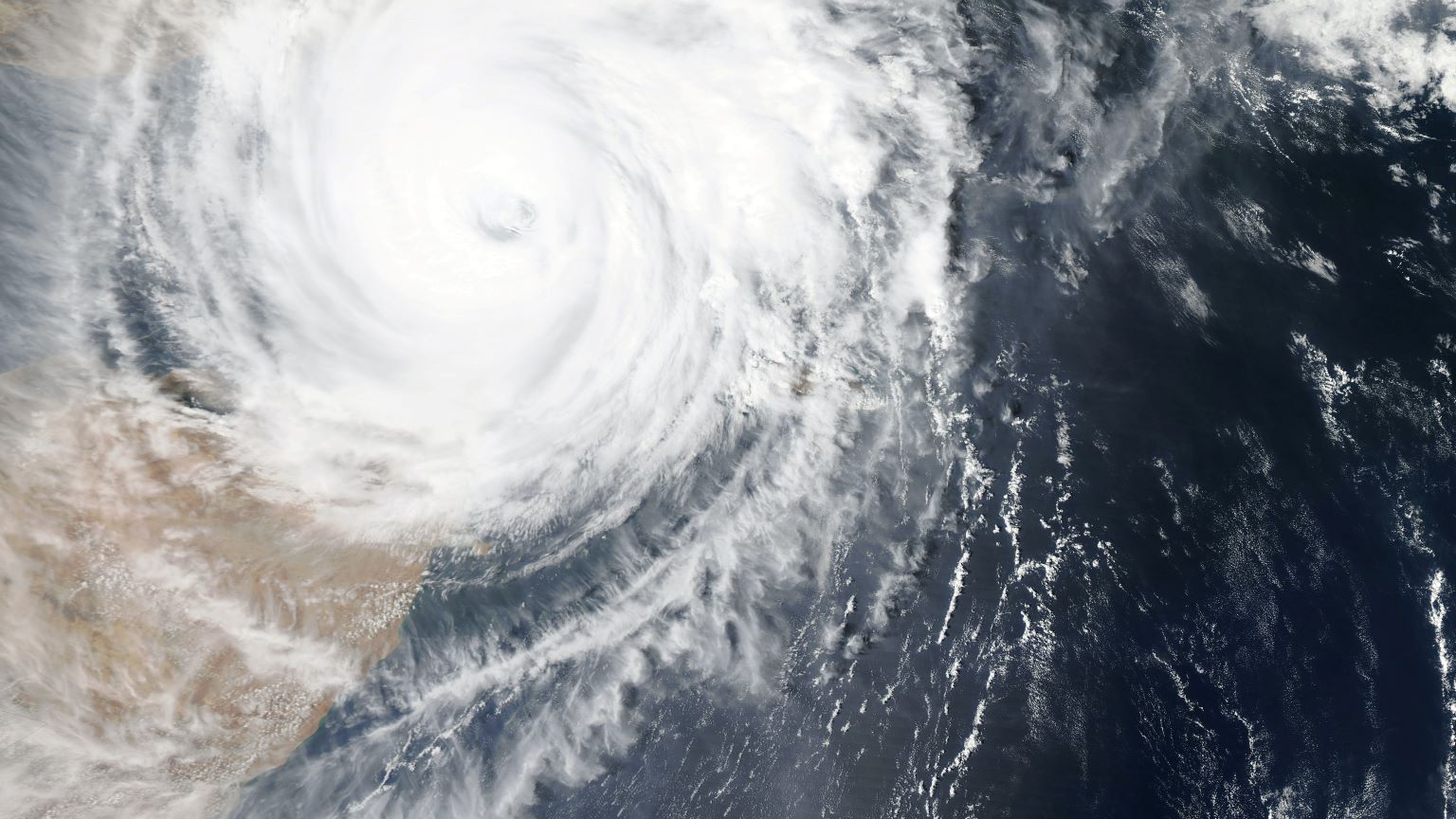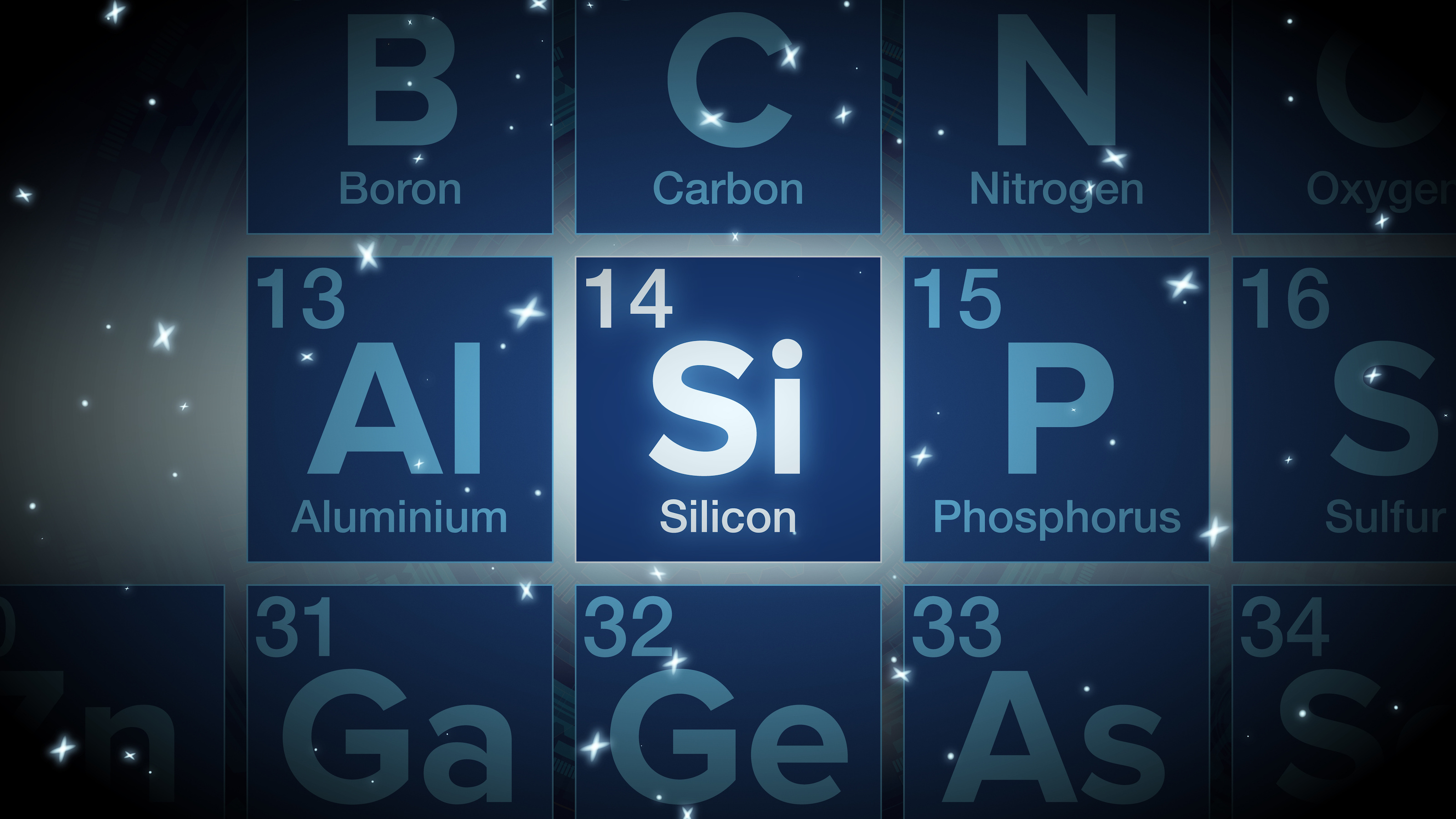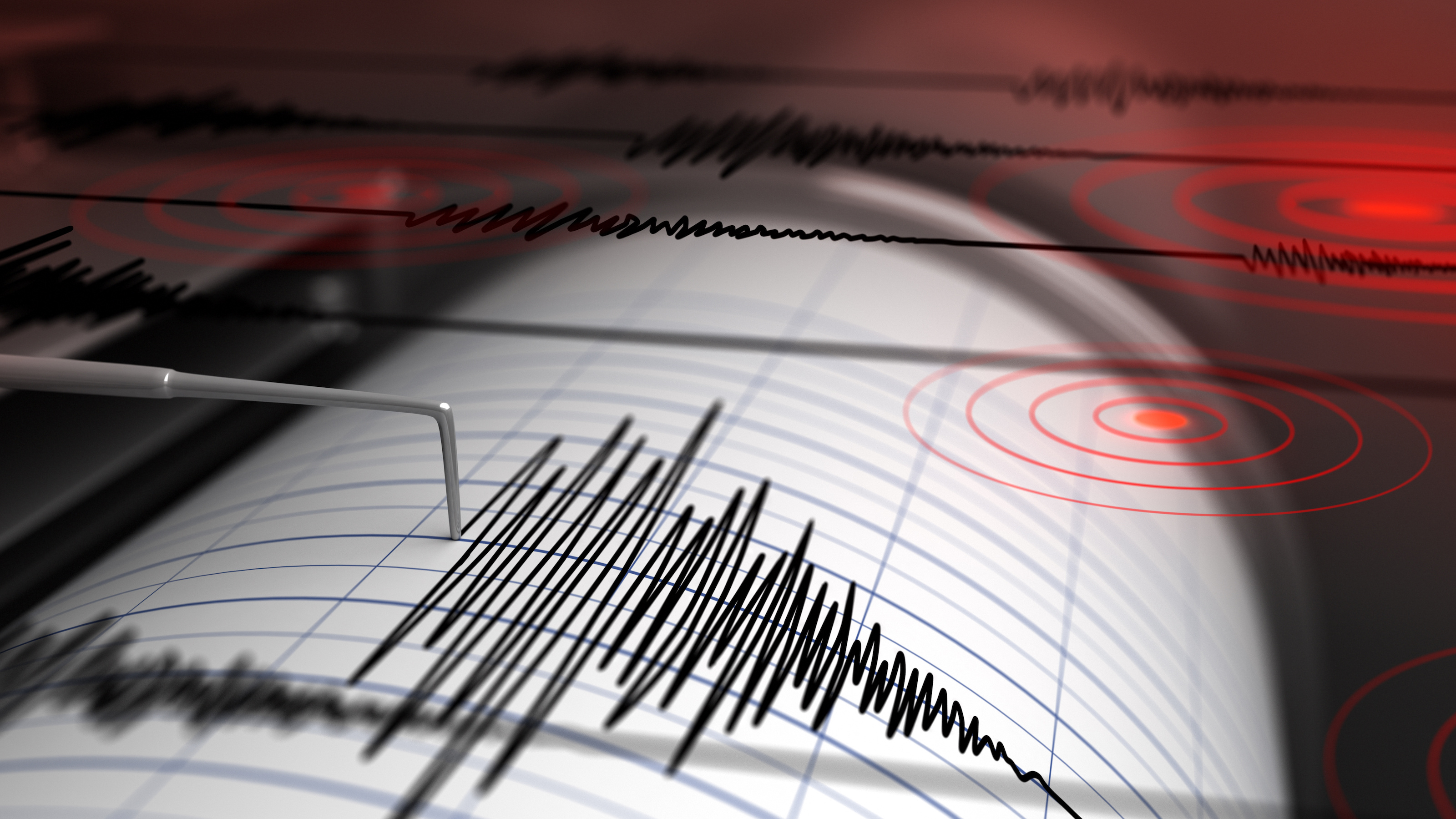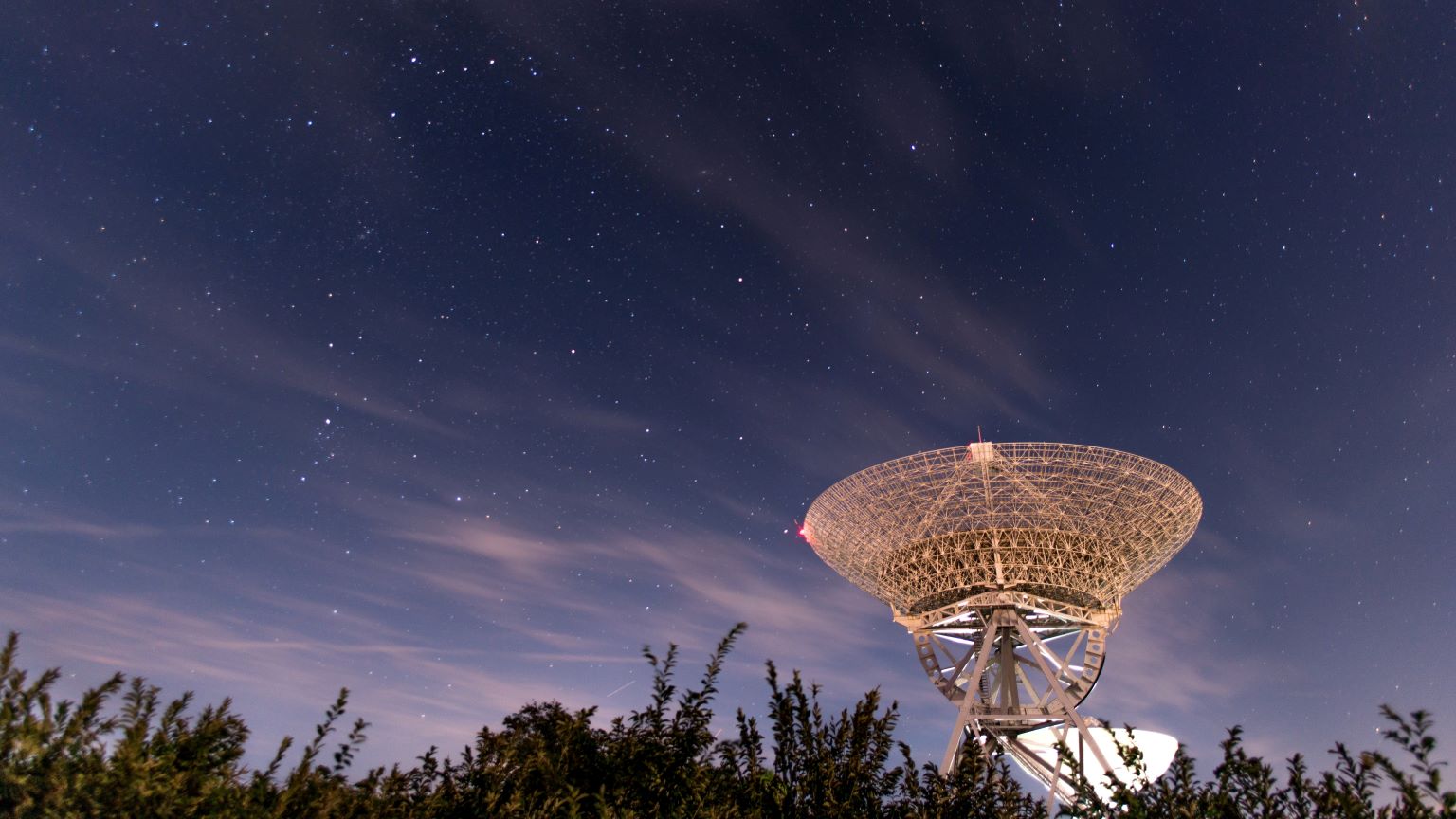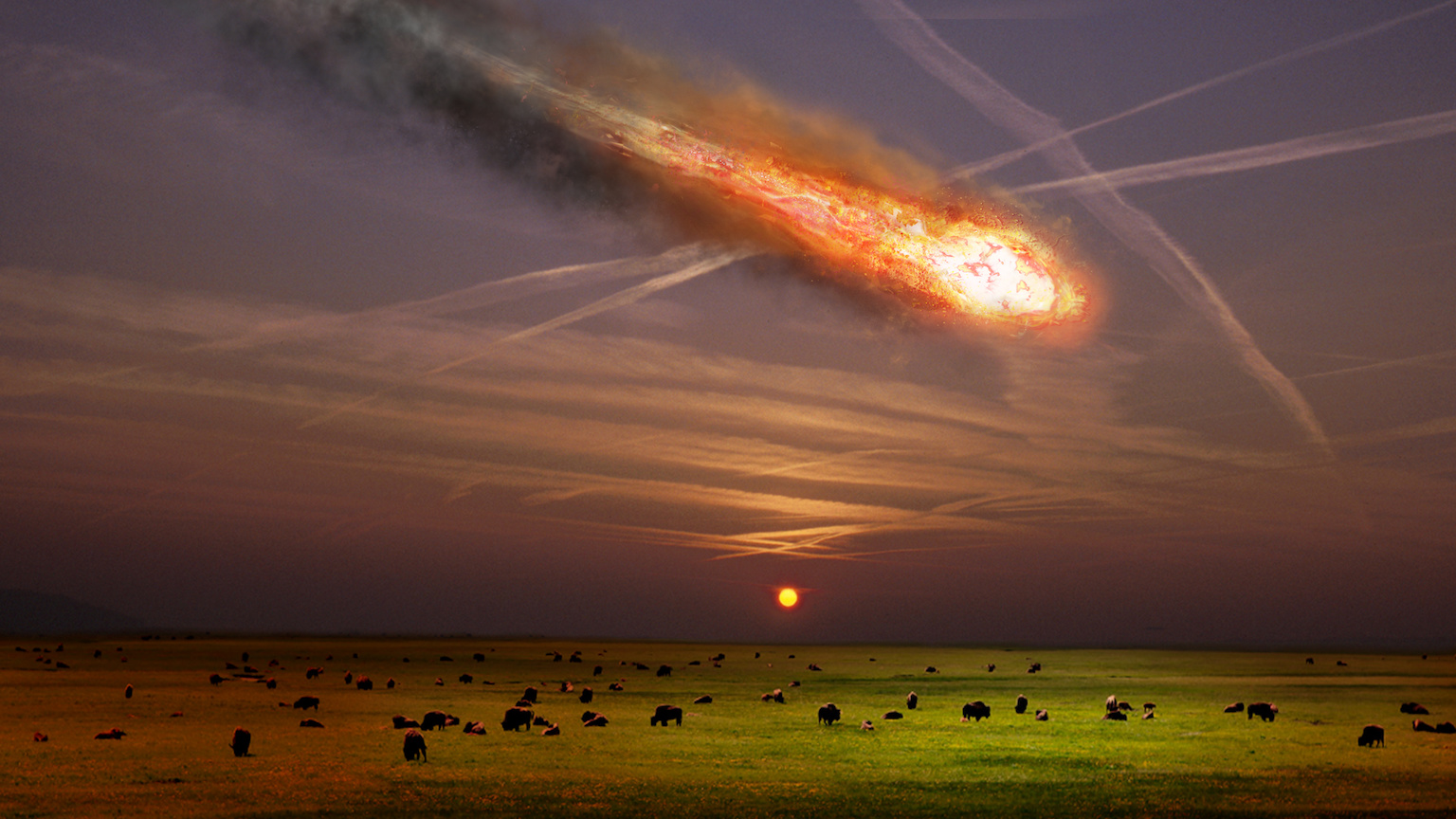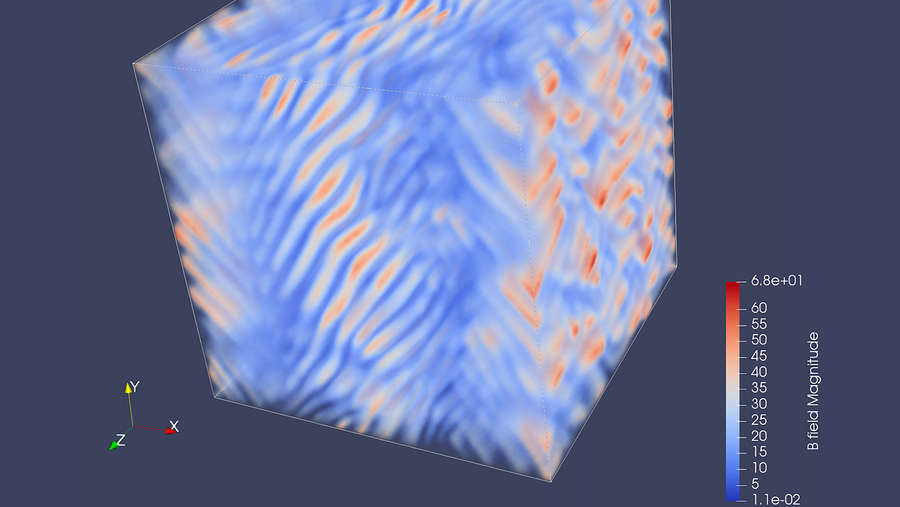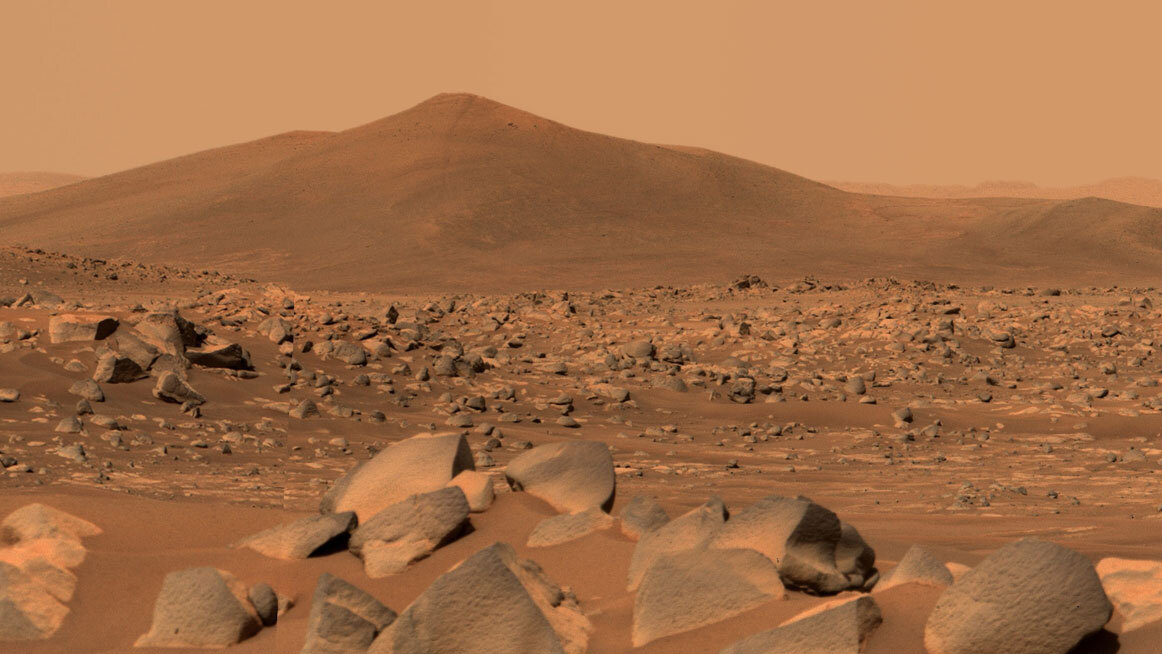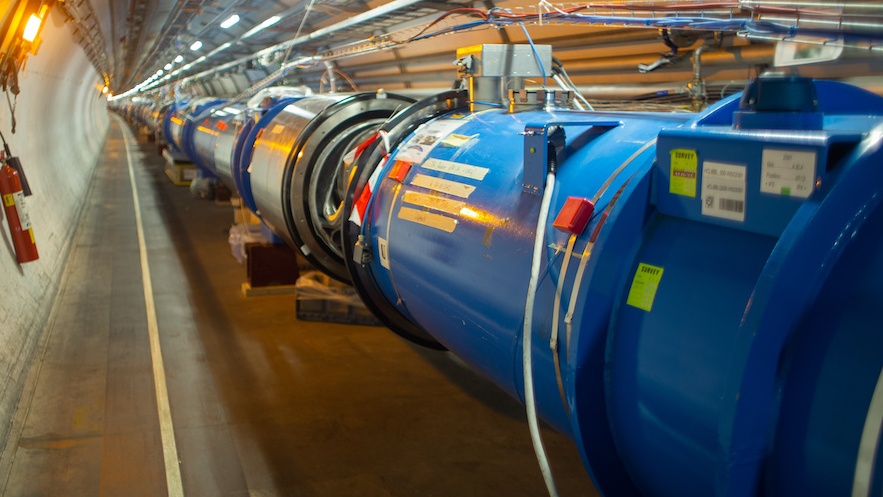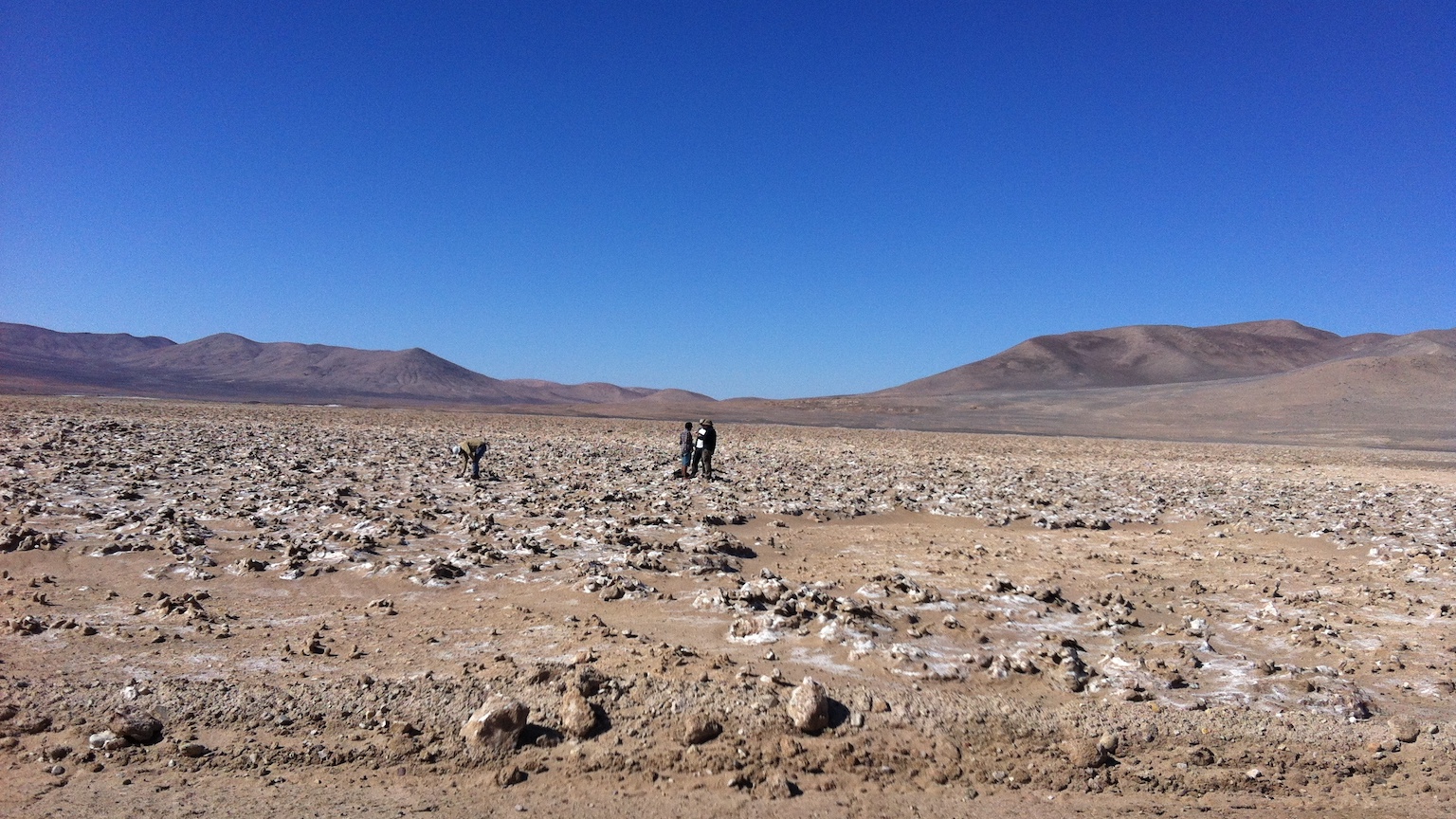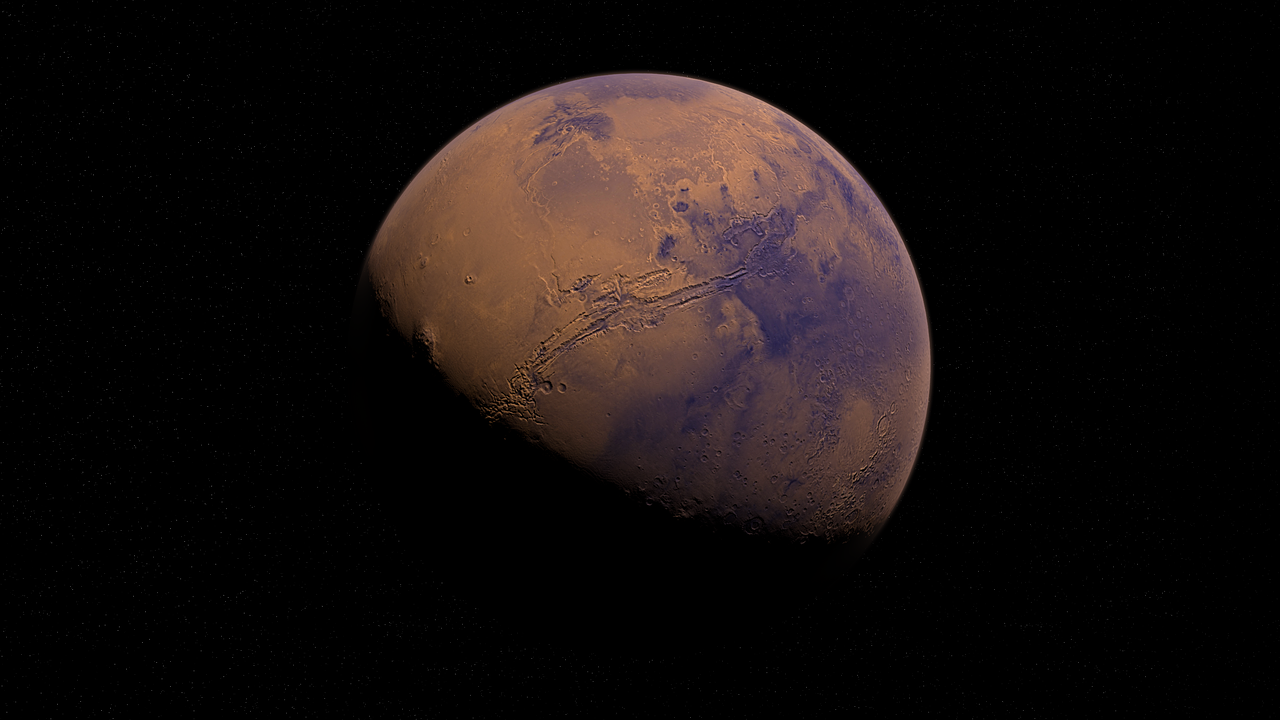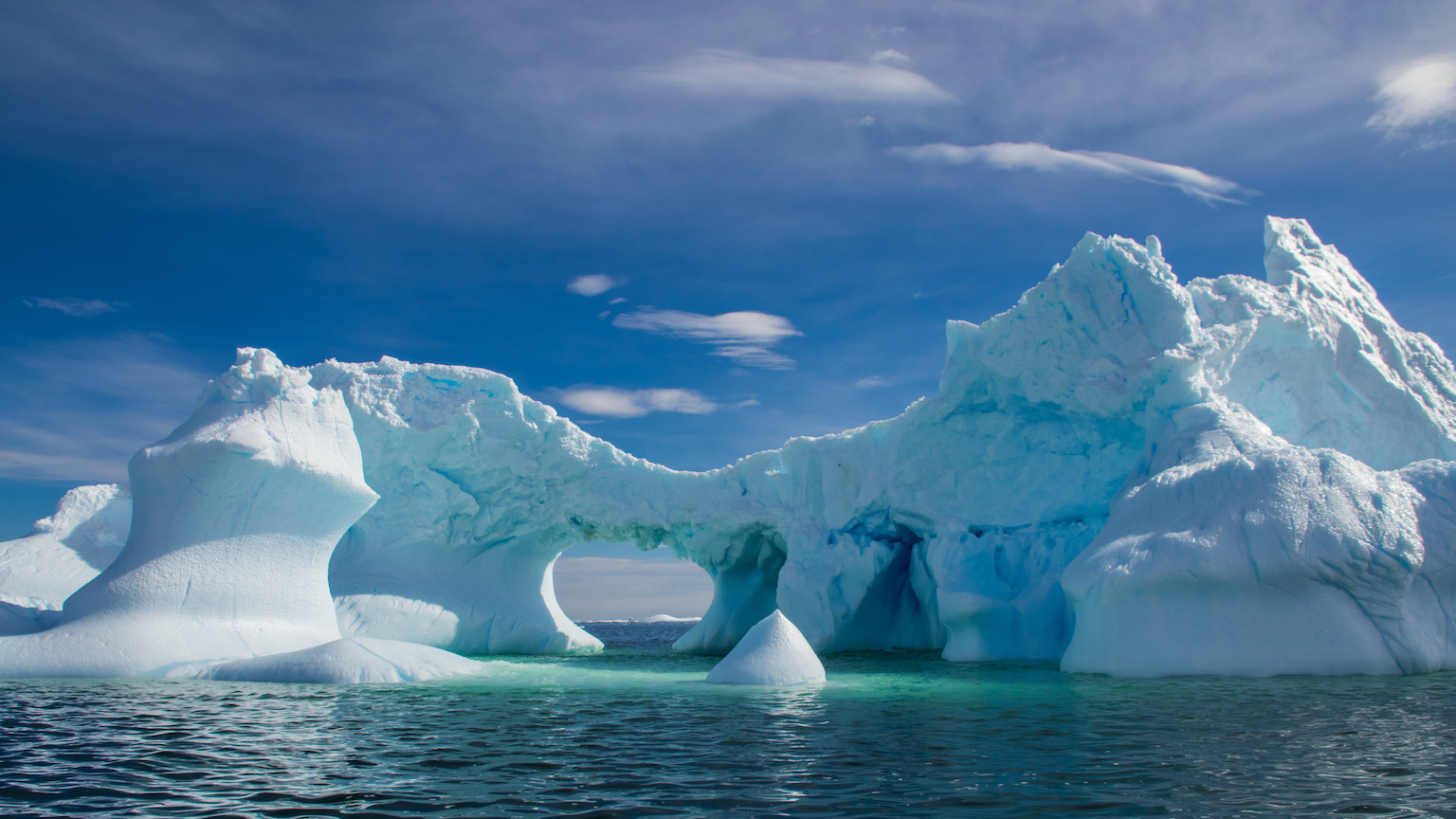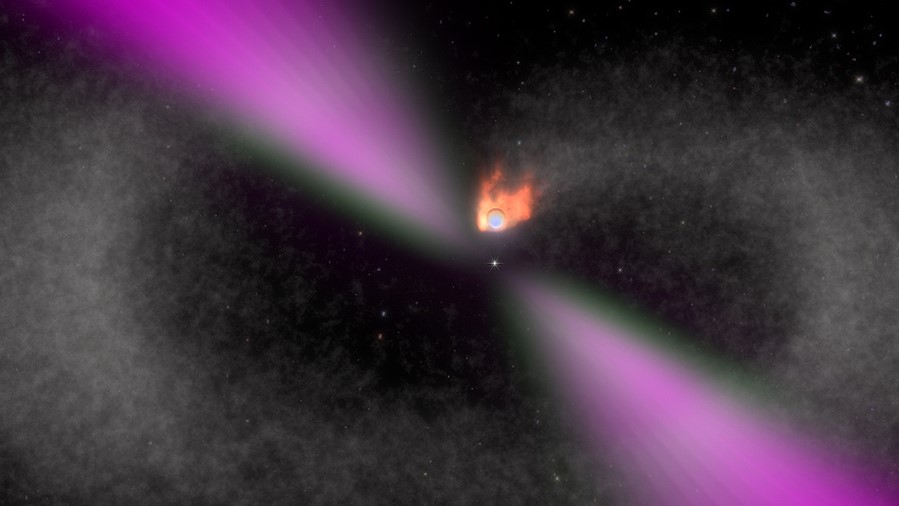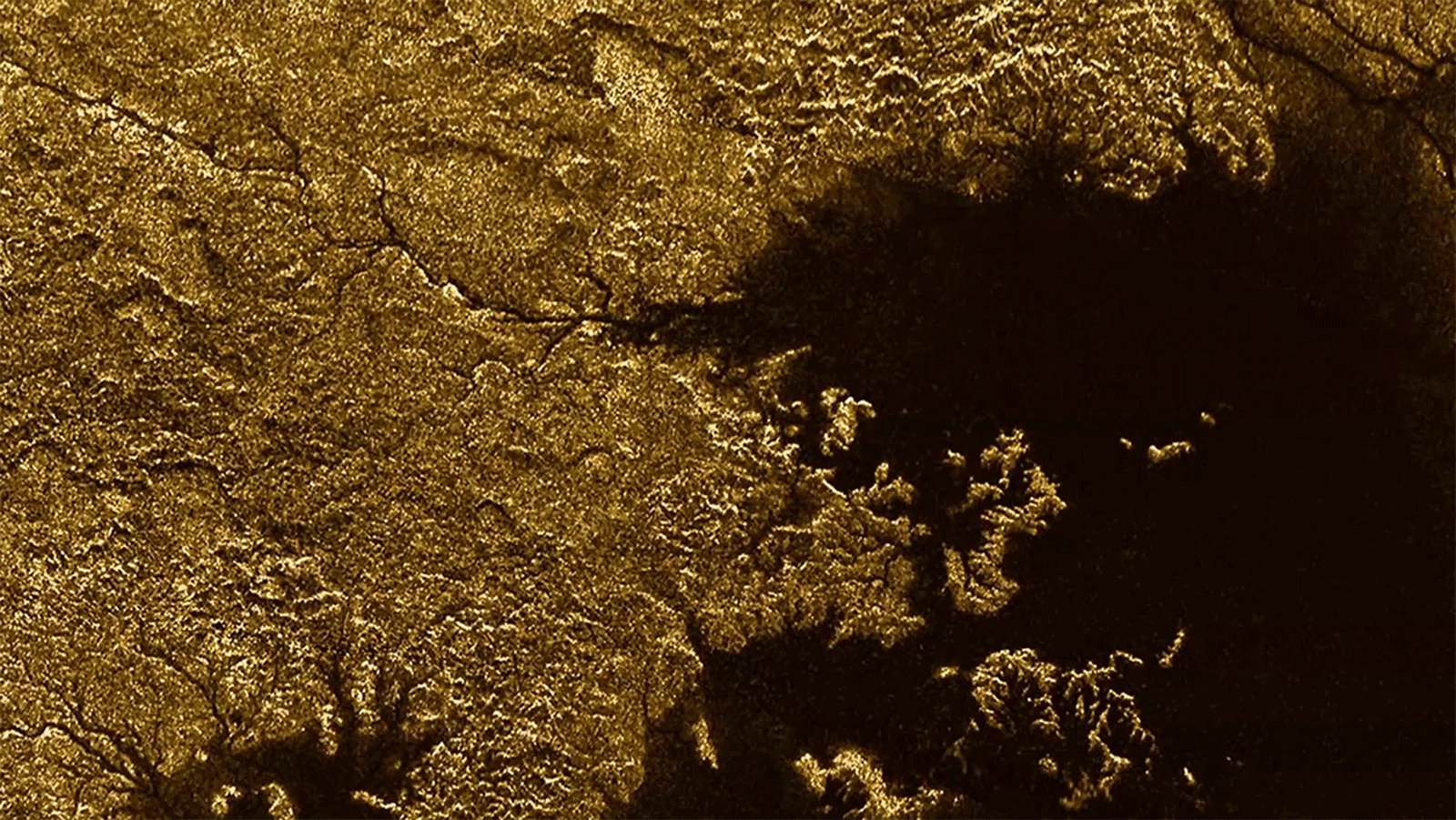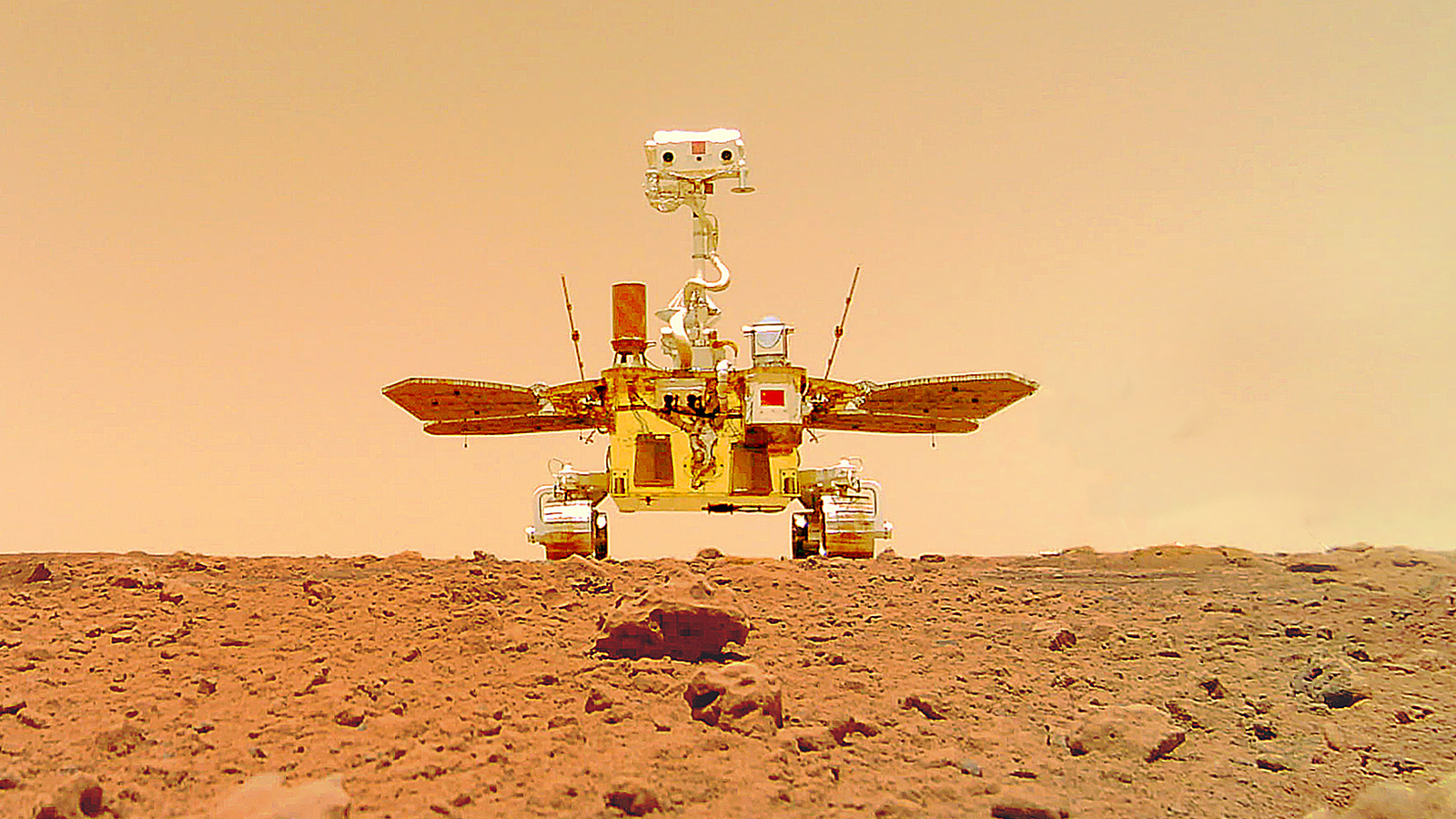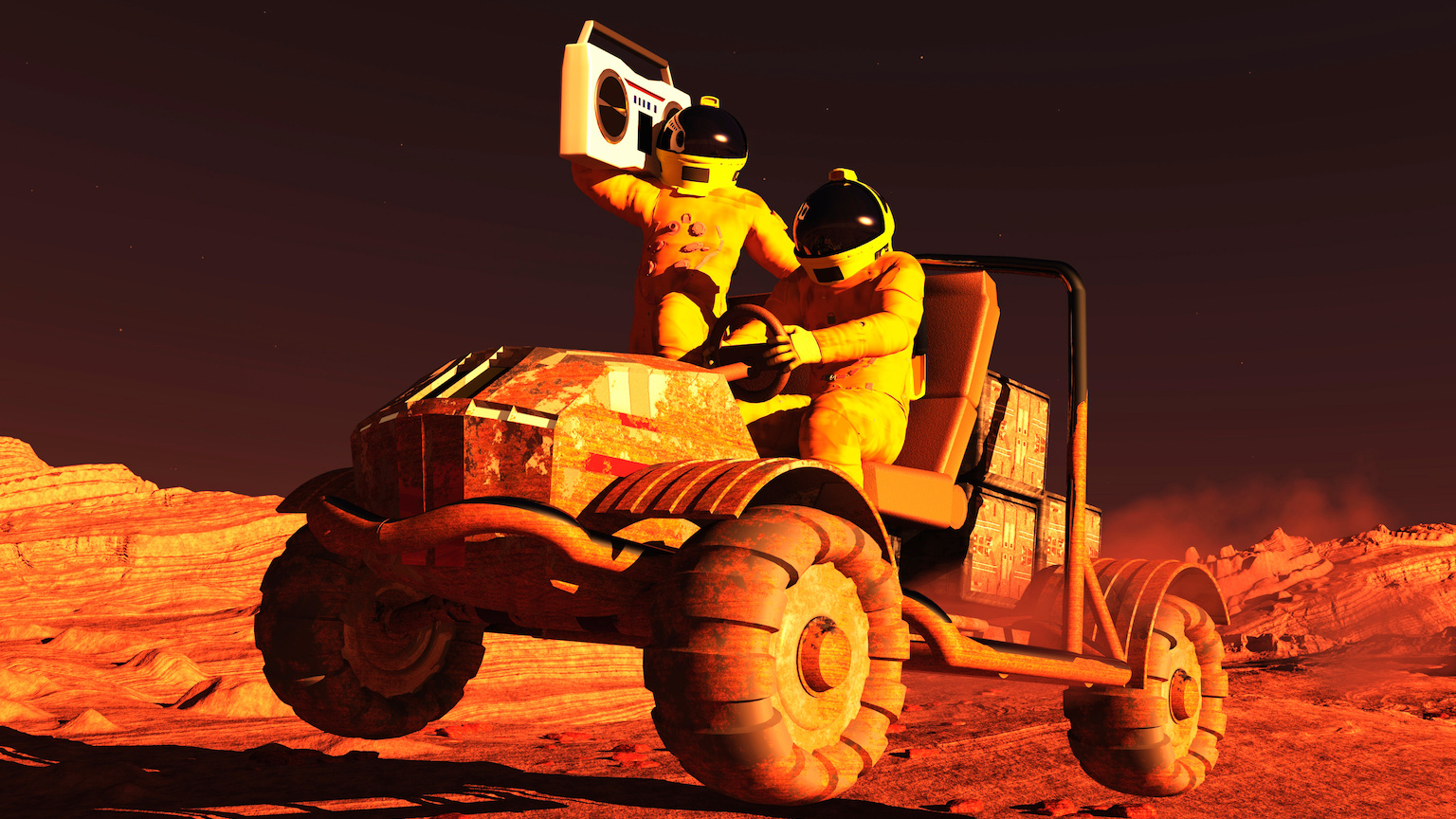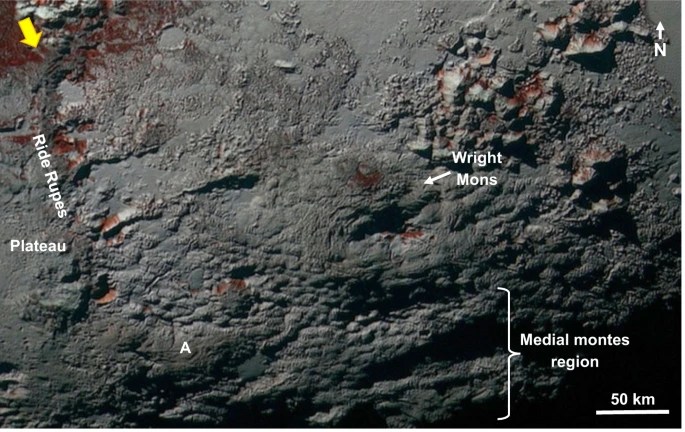Hard Science
All Stories
The length of a day oscillates slightly every six years. This was a surprising discovery made last decade. We might now know why.
Scientists have found three new examples of a very exotic form of matter made of quarks. They can yield insights into the early Universe.
The psychology of alien contact largely revolves around the concept of “otherness.” We need to learn to be comfortable around strange things.
Some ozone experts seriously doubt the findings.
A marine scientist explains the threat of the Loop Current, a 800-pound gorilla of Gulf hurricane risks.
On Earth, carbon can form millions of compounds, while silicon is largely stuck inside rocks. But elsewhere, silicon could form the basis of life.
On July 4, we celebrate the tenth anniversary of the discovery of the Higgs boson, the missing piece of the Standard Model of particle physics.
Your eyes are playing tricks on you.
Experiments cannot confirm what theory predicts about neutrinos. And particle physicists have no idea why.
Some of the coastal areas were not repopulated for millennia afterward, showing that there was a long-lasting memory of this tragic event.
The discovery calls into question the few things scientists know about these powerful astronomical phenomena.
Fire-retardant gels and slimes combine the best attributes of water and foam.
The James Webb Space Telescope (JWST) will study many dangerous cosmic phenomena, knowledge of which may help save humanity.
Where did the “seed” magnetic field come from in the first place?
There’s a whole lotta shakin’ goin’ on beneath the single plate of Mars.
Giant particle accelerators aren’t a waste of money. They are essential for understanding the Universe.
A next-generation LHC++ could cost $100 billion. Here’s why such a machine could end up being a massive waste of money.
The base rate fallacy may help to explain low reproducibility in various fields of science.
The spooky world of quantum mechanics might reach out and touch you — by mutating your DNA. Welcome to the weird world of quantum biology.
The chemistry of cooking over an open flame.
Researchers have discovered 830-million-year-old microbes living inside a salt rock on Earth. Could the same occur on Mars?
A new study of Martian dust gives insights into the ancient Martian climate. The findings hint at a wetter world.
“The pulsar sort of consumes the thing that recycled it, just as the spider eats its mate.”
The answer may lie in the particular way sand forms on Titan.
Data from the Zhurong rover suggests the Red Planet was wet more recently than we thought.
Crystallization is an entirely random process, so scientists have developed clever ways to investigate it at a molecular level.
The high pitches from the flute and the harp would reach your ears before the notes from the tuba and the cello.
We have long thought that Pluto was completely frozen solid, but the discovery of cryovolcanoes challenges that assumption.
